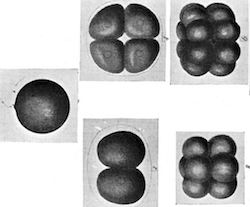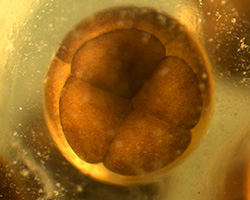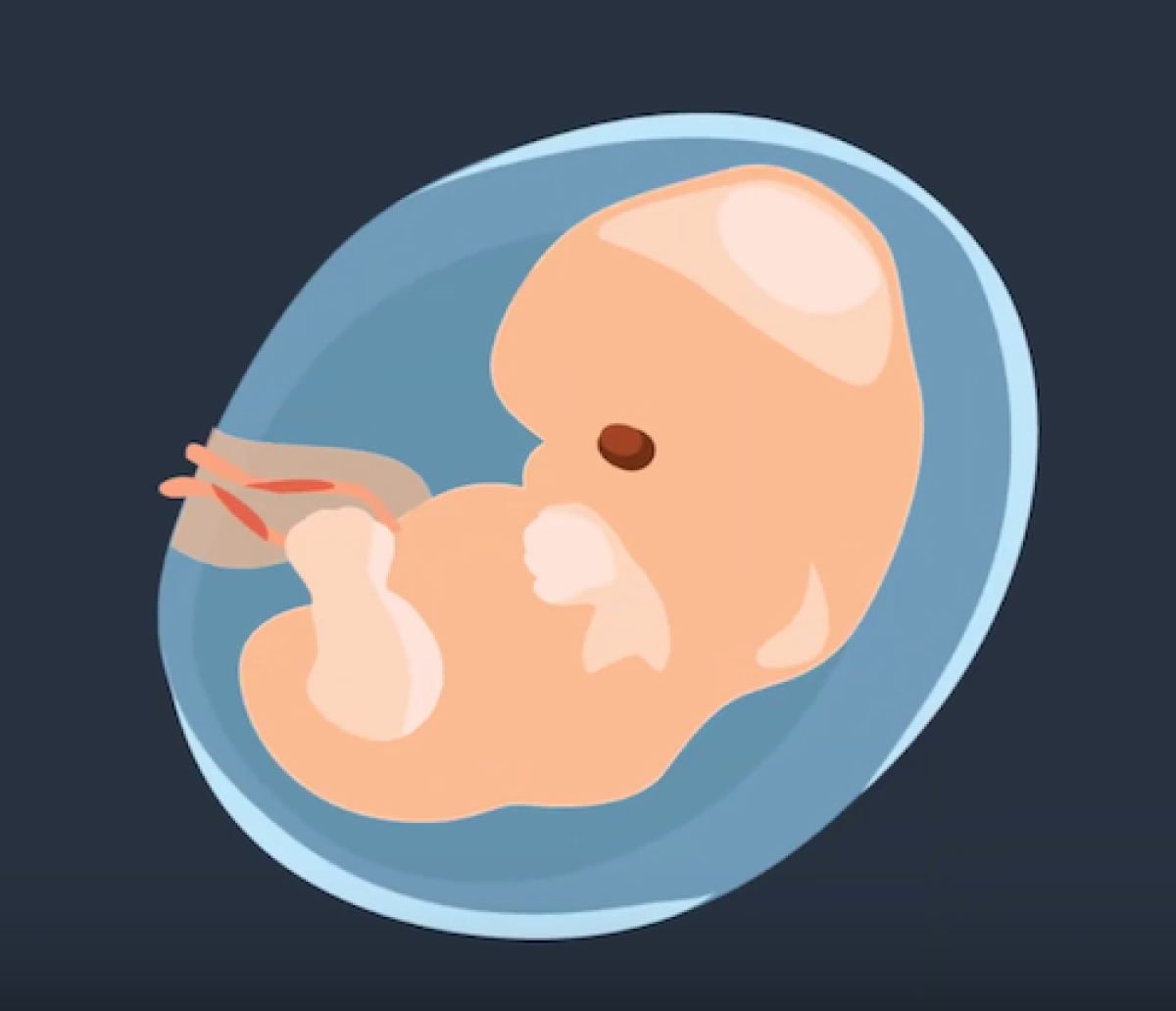Editing Genes from the Start

Getting sick can be a pretty awful feeling. We usually try to avoid getting sick by doing things like washing our hands and exercising. Healthy habits may prevent us from getting a cold or a flu, but how would you prevent yourself from getting a genetic disease? You would need to make changes to your genes. And to make sure that you prevent the disease, you would have to have those genetic changes from the very beginning. Germline editing is one way that doctors might be able to prevent diseases before they start.
Germline editing is gene editing of only reproductive cells. These cells are also called germline cells. Germline cells include sperm and egg cells as well as fertilized egg cells, called zygotes.
Germline editing is similar in some ways to somatic editing, but it also differs. Both have the goal to modify the genome to treat genetic diseases. But germline editing is used to try to prevent genetic diseases before they start.

By changing reproductive cells, germline editing can affect all of an individual’s other cells. All of an individual’s body cells come from germline cells. So, any genetic edits present in those germline cells will also be present in all of the cells of a fully developed individual. Individuals who develop from edited germline cells will also pass on those edits in their own eggs or sperm. That means genetic changes made with germline editing can be inherited by offspring and future generations.
CRISPR for Future Generations

Many genetic diseases are inherited and have no known cure and few treatment options. Those kinds of disease are good targets for germline editing therapies. Germline editing may let us stop some of these genetic diseases before they can affect someone. It would also prevent these diseases from being passed on to future generations.
Germline editing in humans is still heavily debated, but researchers are studying it all over the world. Because it could affect future generations, many scientists and other people worry about its use. There are concerns about the unintended ways germline editing could affect society.
Read more about: Cutting DNA with CRISPR
Bibliographic details:
- Article: Editing Reproductive Cells
- Author(s): Dr. Biology
- Publisher: Arizona State University School of Life Sciences Ask A Biologist
- Site name: ASU - Ask A Biologist
- Date published: 14 Mar, 2019
- Date accessed:
- Link: https://askabiologist.asu.edu/editing-reproductive-cells
APA Style
Dr. Biology. (Thu, 03/14/2019 - 14:08). Editing Reproductive Cells. ASU - Ask A Biologist. Retrieved from https://askabiologist.asu.edu/editing-reproductive-cells
Chicago Manual of Style
Dr. Biology. "Editing Reproductive Cells". ASU - Ask A Biologist. 14 Mar 2019. https://askabiologist.asu.edu/editing-reproductive-cells
Dr. Biology. "Editing Reproductive Cells". ASU - Ask A Biologist. 14 Mar 2019. ASU - Ask A Biologist, Web. https://askabiologist.asu.edu/editing-reproductive-cells
MLA 2017 Style

Be Part of
Ask A Biologist
By volunteering, or simply sending us feedback on the site. Scientists, teachers, writers, illustrators, and translators are all important to the program. If you are interested in helping with the website we have a Volunteers page to get the process started.

